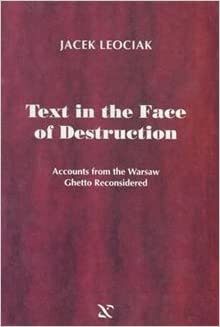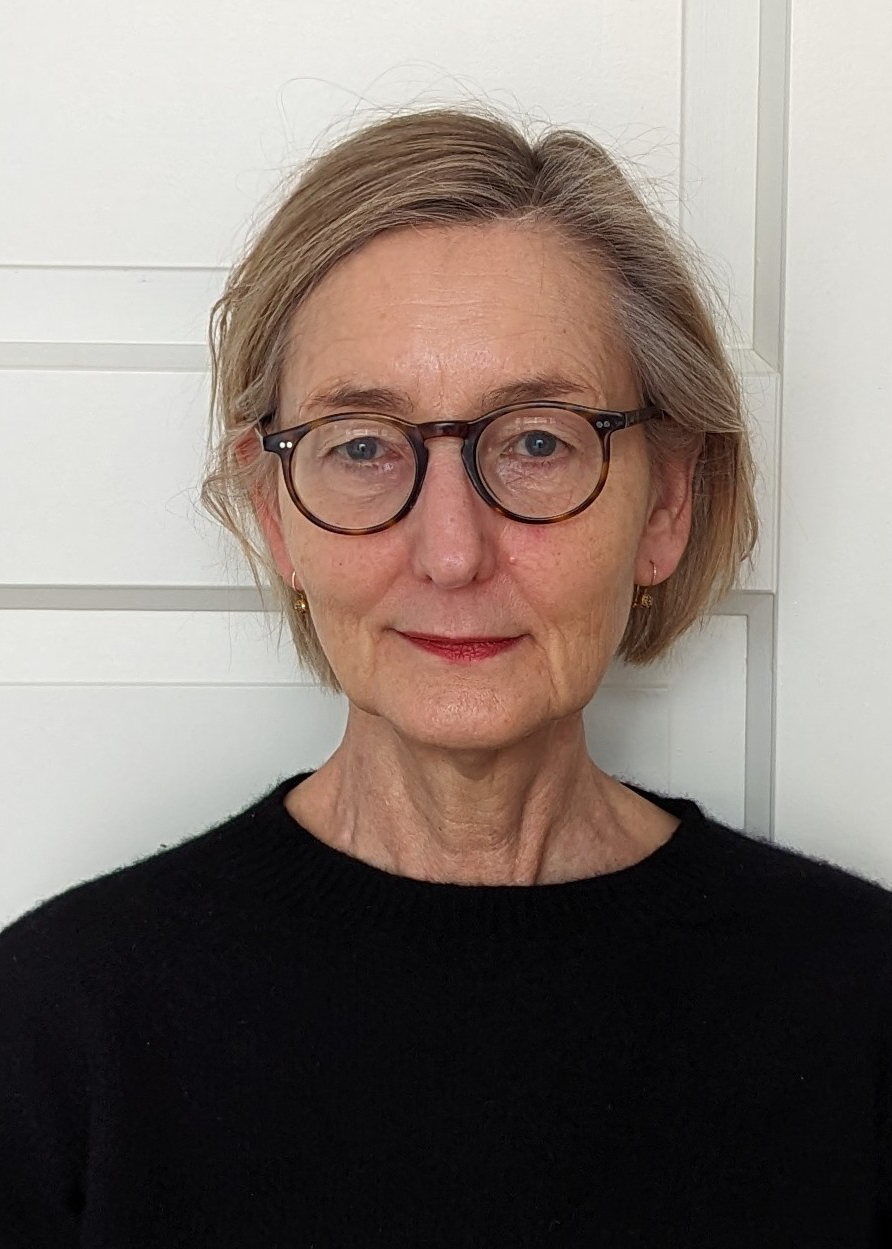
Monica Soeting
Monica Soeting studied philosophy at the University of Tübingen (Germany) and at the University of Amsterdam. She obtained PhD degrees in philosophy and history from the University of Maastricht and from the University Groningen, respectively.
Dr. Monica Soeting co-founded the European Section of the International Auto/Biography Association, as well as the European Journal of Life Writing, where she was editor-in-chief from 2011 to 2019. Together with Mirjam Nieboer she established the Dutch Diary Archives as well as the European Diary Archives and Collections Network. She edited the Dutch journals Biografie Bulletin (2005–2011), Surplus (1994–1999) and De Gids(2000–2002).
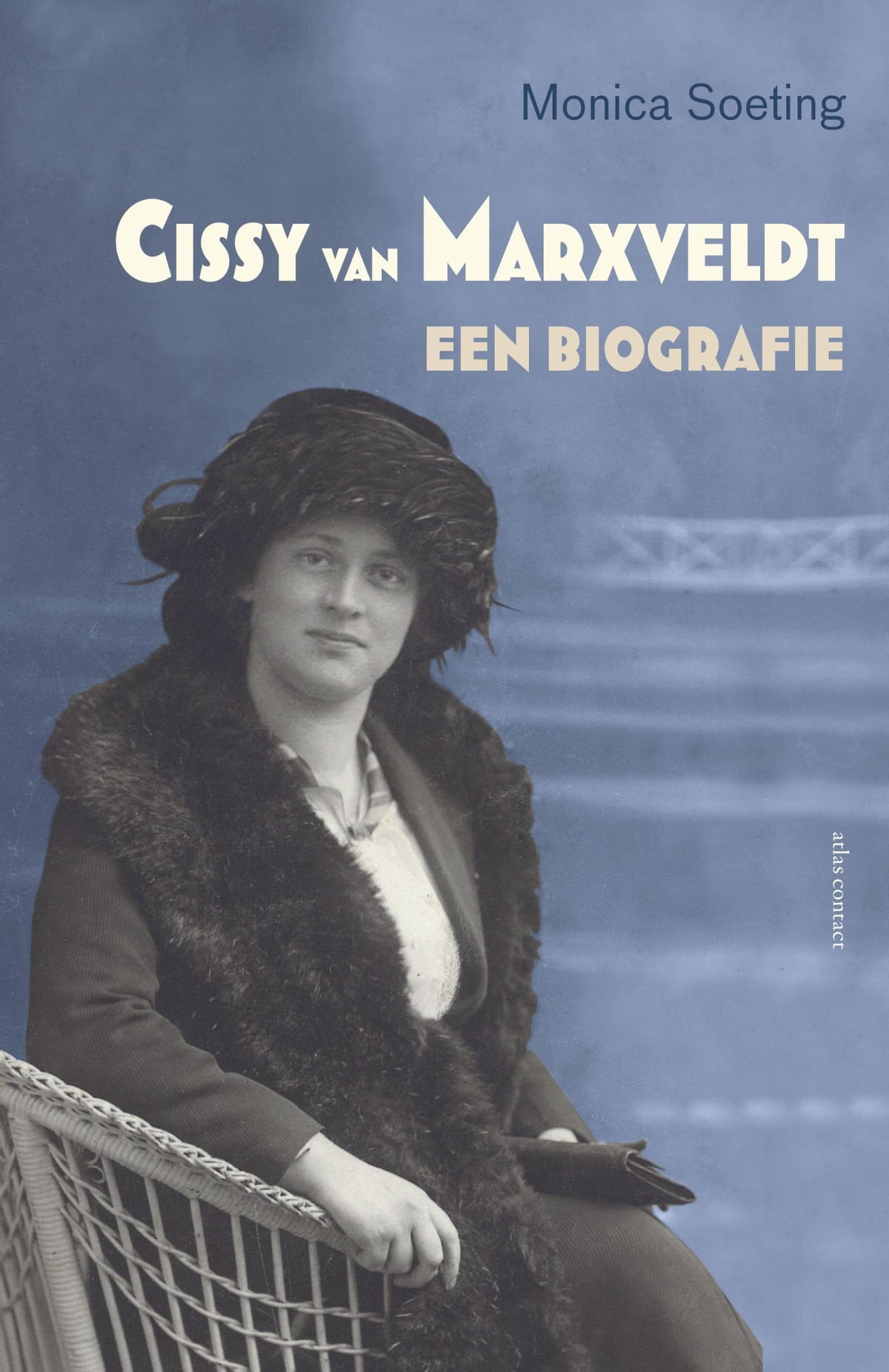 Monica Soeting worked as an editor at Dutch publishing houses for several years. She has lectured at the University of Utrecht, the University of Groningen, the University of Amsterdam, and the Vrije Universiteit Amsterdam. She has also acted as an advisor for the Dutch Foundation for Literature and the Flanders Literature Foundation.
Monica Soeting worked as an editor at Dutch publishing houses for several years. She has lectured at the University of Utrecht, the University of Groningen, the University of Amsterdam, and the Vrije Universiteit Amsterdam. She has also acted as an advisor for the Dutch Foundation for Literature and the Flanders Literature Foundation.
In 2015, Dr. Monica Soeting published a biography of Dutch writer Cissy van Marxveldt (1889-1948), and in 2010, together with biographer Dik van der Meulen, Hoe schrijf ik een biografie (How to write a biography). As a critic, she wrote numerous book reviews for Dutch newspapers and magazines, such as Vrij Nederland, Trouw and de Volkskrant.
Currently, Monica Soeting is preparing a biography of the Dutch Queen Emma of Waldeck and Pyrmont (1858-1936).
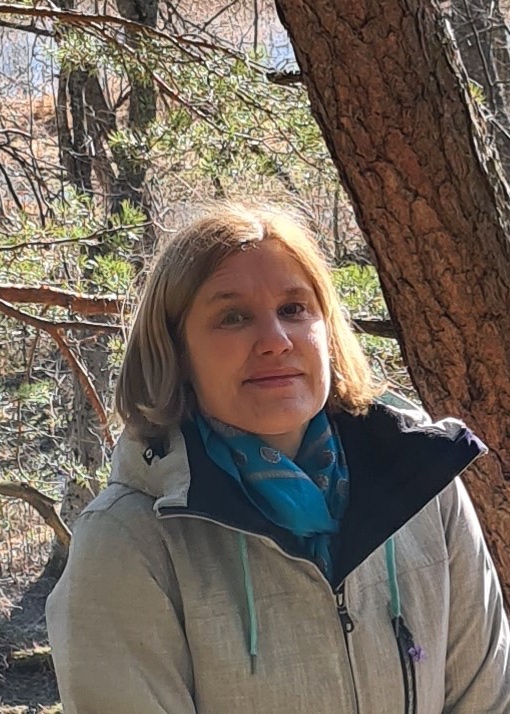
Leena Käosaar
Leena Käosaar is Associate Professor of Cultural Theory at the Institute of Cultural Research, University of Tartu. Her research interests include the tradition of Estonian life writing and post-Soviet life writings, Baltic women's deportation and Gulag narratives, women's diaries and family correspondences, the representation of traumatic experience, relationality, dynamics of address, travelling memory and gender, as well as creative nonfiction (life story writing), which she also teaches at Tartu University. Her doctoral thesis in comparative literature (University of Tartu, 2006) focused on the interrelationship of embodied subjectivity, poetics of writing, and the diaries of Virginia Woolf, Aino Kallas and Anaïs Nin. She is the editor, with Lea Rojola, of Aino Kallas. Negotiations with Modernity (SKS, 2010), with Paul Longley Arthur, of Border Crossings. 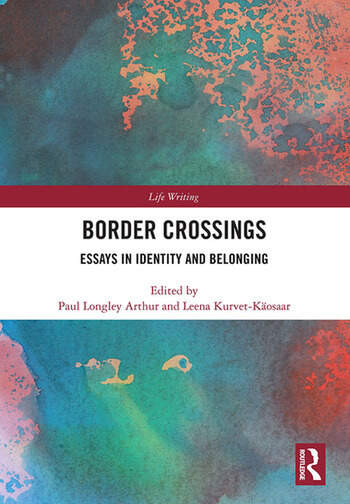 Essay in Identity and Belonging (Routledge, 2020), with Triinu Ojamaa and Aija Sakova, of Narrating Migration and Diaspora (special issue of Trames, 2019) and two special issues of Folklore, Migration and Diasporas (2020). Wiith Sergey Troitskiy and Liisi Laineste she co-edited a special issue of Folklore on Trauma (2021). Her current work within the framework of the project “Taking Shelter in Estonia: the Stories of Ukrainians Fleeing from the War” focuses on collecting the life stories of Ukrainian refugees in Estonia with the aim of supporting Ukrainian memory in the context of radical, often traumatic changes and mass migration caused by the military aggression of Russia on Ukraine.
Essay in Identity and Belonging (Routledge, 2020), with Triinu Ojamaa and Aija Sakova, of Narrating Migration and Diaspora (special issue of Trames, 2019) and two special issues of Folklore, Migration and Diasporas (2020). Wiith Sergey Troitskiy and Liisi Laineste she co-edited a special issue of Folklore on Trauma (2021). Her current work within the framework of the project “Taking Shelter in Estonia: the Stories of Ukrainians Fleeing from the War” focuses on collecting the life stories of Ukrainian refugees in Estonia with the aim of supporting Ukrainian memory in the context of radical, often traumatic changes and mass migration caused by the military aggression of Russia on Ukraine.
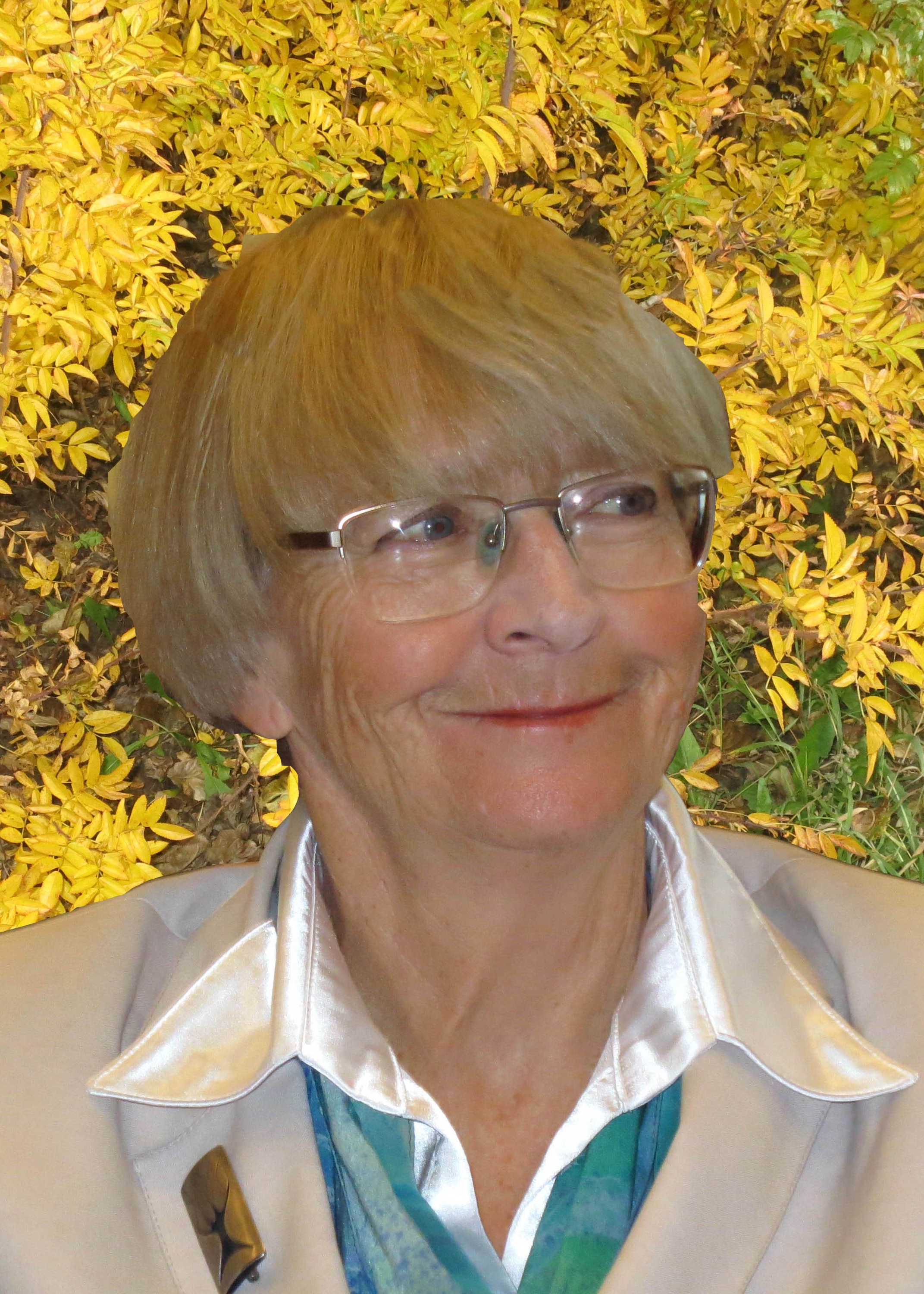
Małgorzata Czermińska
Małgorzata Czermińska is Professor Emerita at the Faculty of Philology, University of Gdańsk, where she developed her research and where, until 2018, she taught PhD programmes. Throughout her academic career Professor Czermińska was a PhD advisor for twenty-nine students.
Professor Czermińska’s research first developed in the field of Polish structuralism. She then focused on the history of ideas, mythographic criticism, and the theory of time in literature. She has published groundbreaking works in the field of life-writing, formulating the theory of the autobiographical triangle. As a work in progress, the theory has been developing to include the idea of autobiographical place (informed by geopoetics).
Professor Czermińska is also interested in the connections between literature and the visual arts, especially literary descriptions of gothic cathedrals as a feature of European culture.
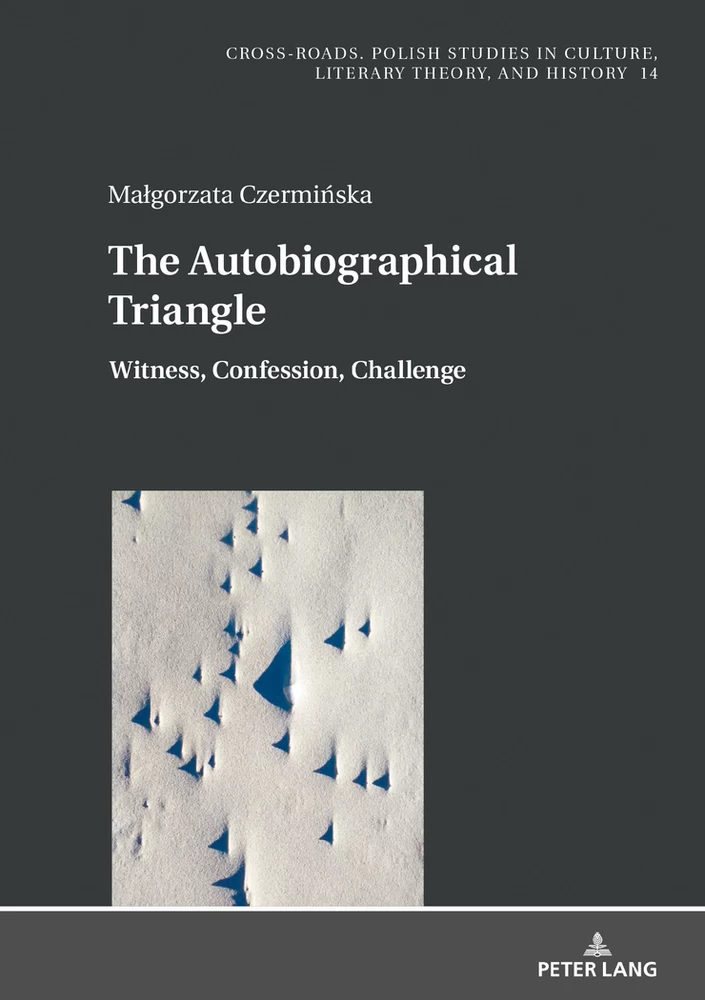 She was a visiting lecturer at University of Michigan in Ann Arbor (1991) and a visiting fellow in Darwin College at Cambridge University (1996). She has participated in conferences in the Netherlands, Canada, USA, UK, Sweden, Belarus, Bulgaria, and France.
She was a visiting lecturer at University of Michigan in Ann Arbor (1991) and a visiting fellow in Darwin College at Cambridge University (1996). She has participated in conferences in the Netherlands, Canada, USA, UK, Sweden, Belarus, Bulgaria, and France.
Professor Czermińska’s book publications include: Czas w powieściach Parnickiego (1972) [Time in the Novels of Teodor Parnicki], Teodor Parnicki (1974), Autobiografia i powieść czyli pisarz i jego postacie [Autobiography and the Novel: The Writer and Their Protagonists] (1987), Autobiograficzny trójkąt: świadectwo, wyznanie i wyzwanie (2000, 2nd ed. 2020) [The Autobiographical Triangle: Witness, Confession, Challenge] (2019), Gotyk i pisarze. Topika opisu katedry (2005) [The Gothic and Writers: The Topoi of Cathedral Description], and co-authored with Grażyna Borkowska and Ursula Phillips, Pisarki polskie od średniowiecza do współczesności. Przewodnik (2000), [Polish Women Writers from the Middle Ages Until Today: A Guide] 2000.
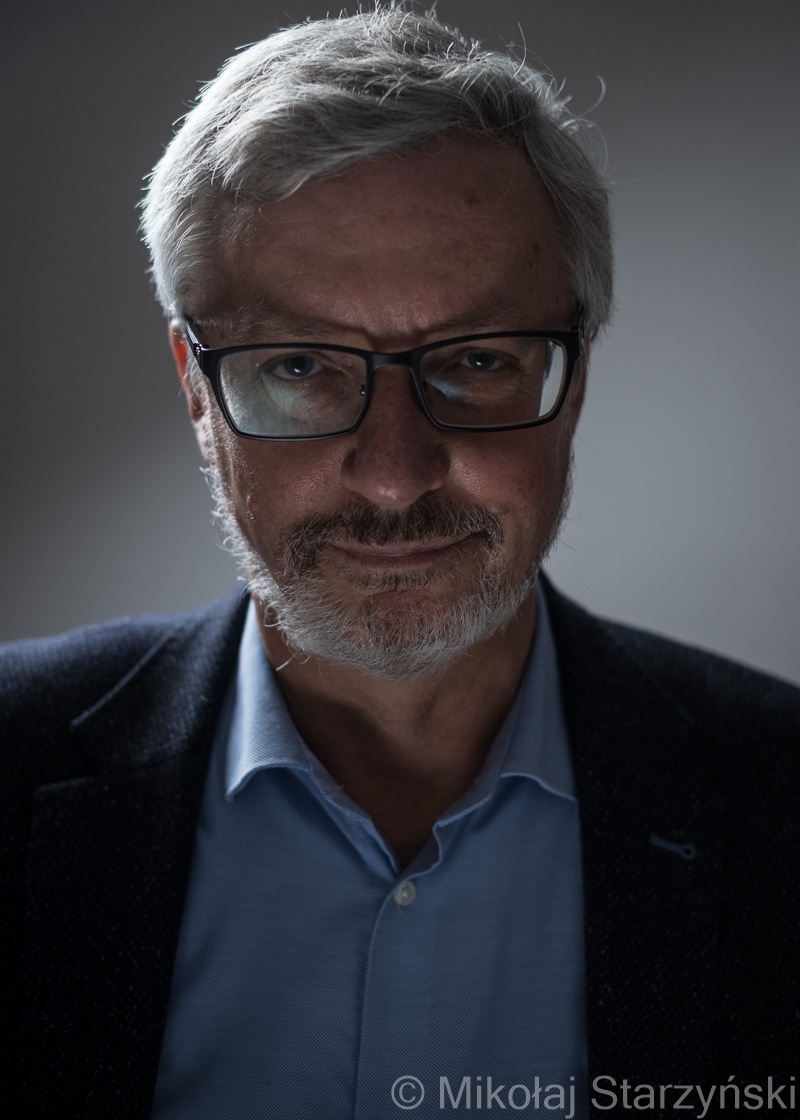
Jacek Leociak
Jacek Leociak is Professor at the Polish Academy of Sciences (PAN) and a founder of the Group for Holocaust Research at IFiS (Institute of Philosophy and Sociology). He is a member of the editorial board of Holocaust: Studies and Materials. With Barbara Engelking he co-curated the Holocaust Gallery at POLIN, the Museum of the History of Polish Jews. He was the initiator of the temporary exhibition Muranów Here (June 2020–March 2021).
Professor Leociak has published numerous volumes about the Holocaust: Tekst wobec zagłady. O relacjach z getta warszawskiego (1977; English ed.: Text in the Face of Destruction: Accounts from the Warsaw Ghetto Reconsidered (2004, Żydowski Instytut Historyczny; 2nd ed. 2016; German ed. 2018); with Barbara Engelking: Getto Warszawskie. Przewodnik po nieistniejącym mieście (2001; English ed. The Warsaw Ghetto: A Guide to the Perished City, 2009, Yale UP; 2nd edition 2013); 